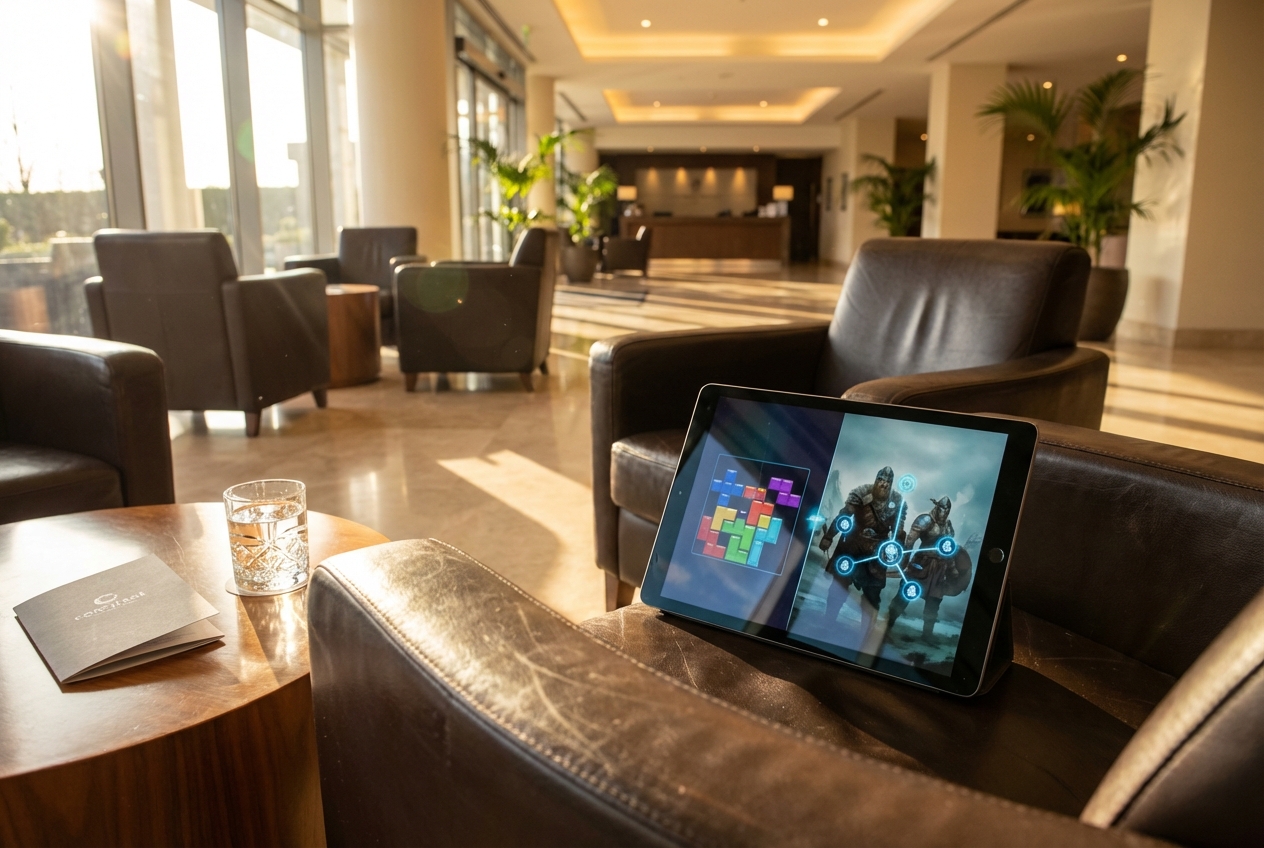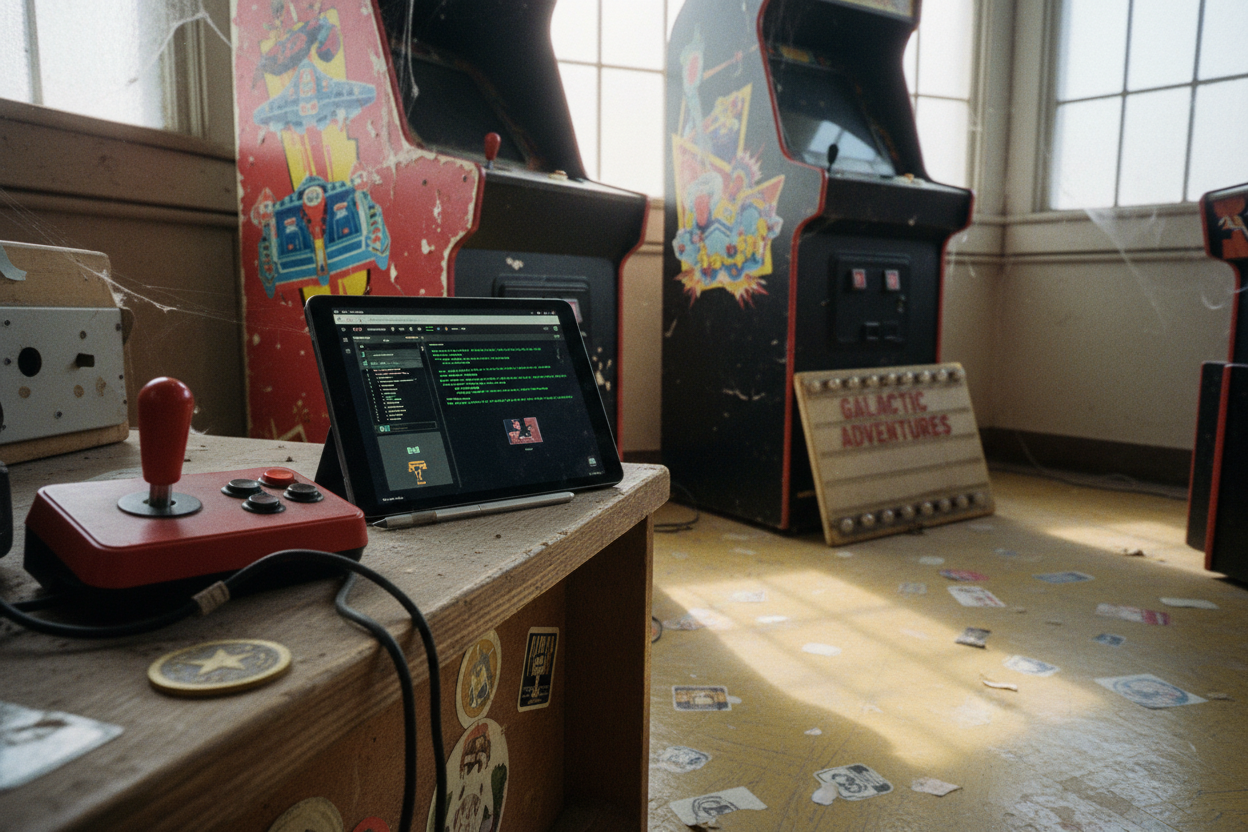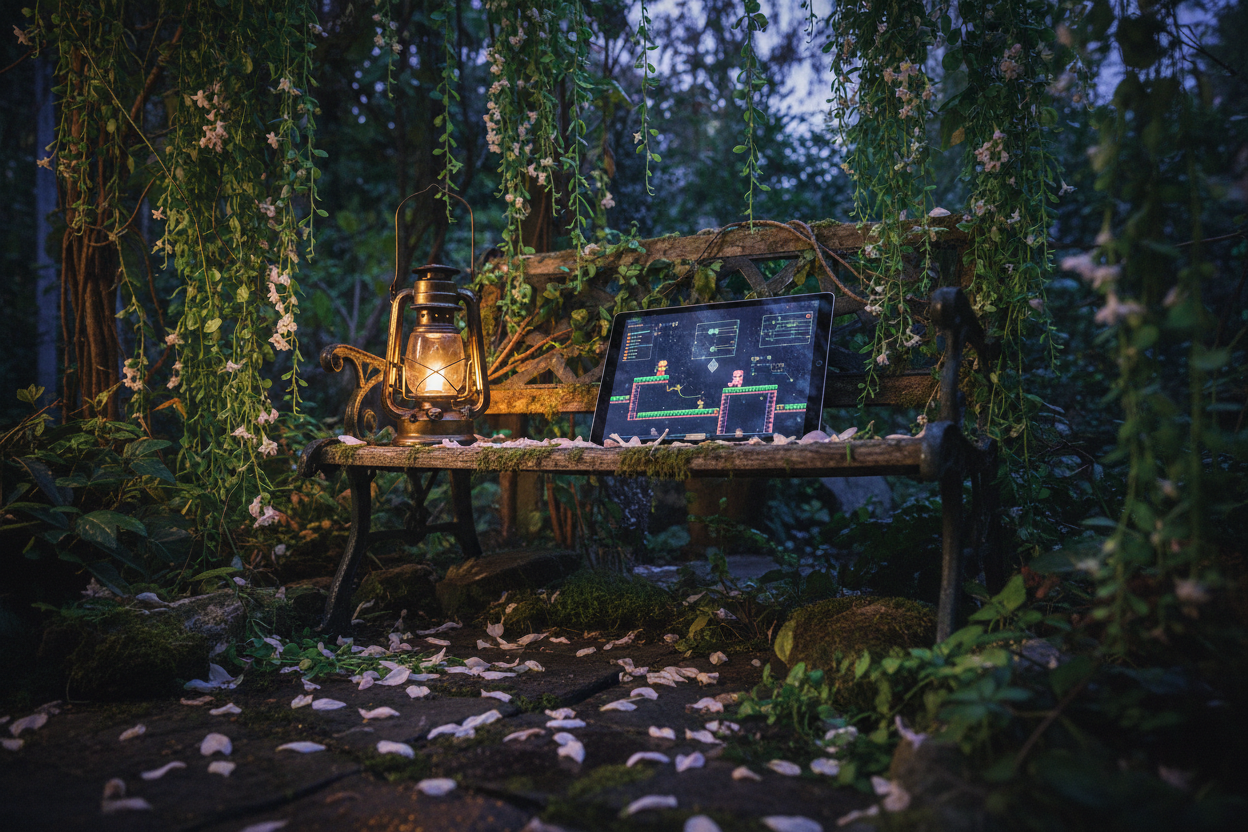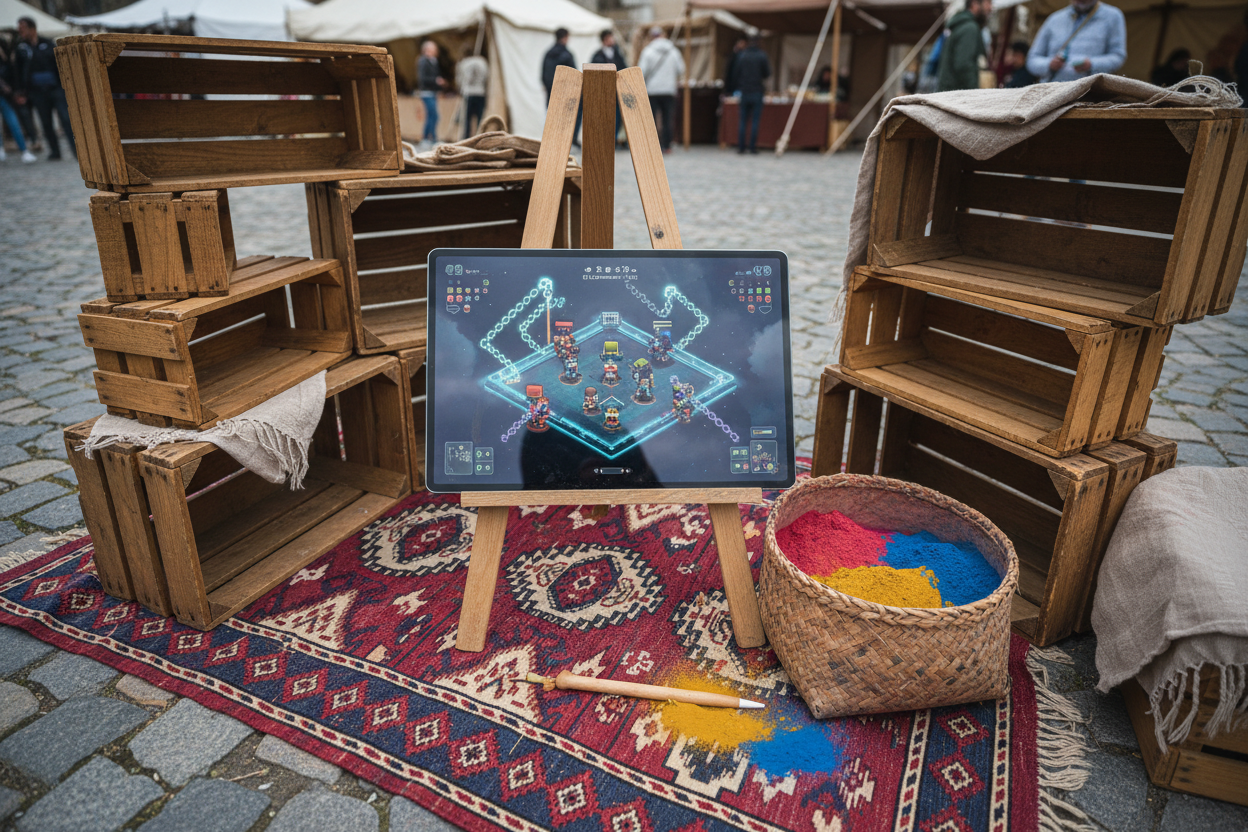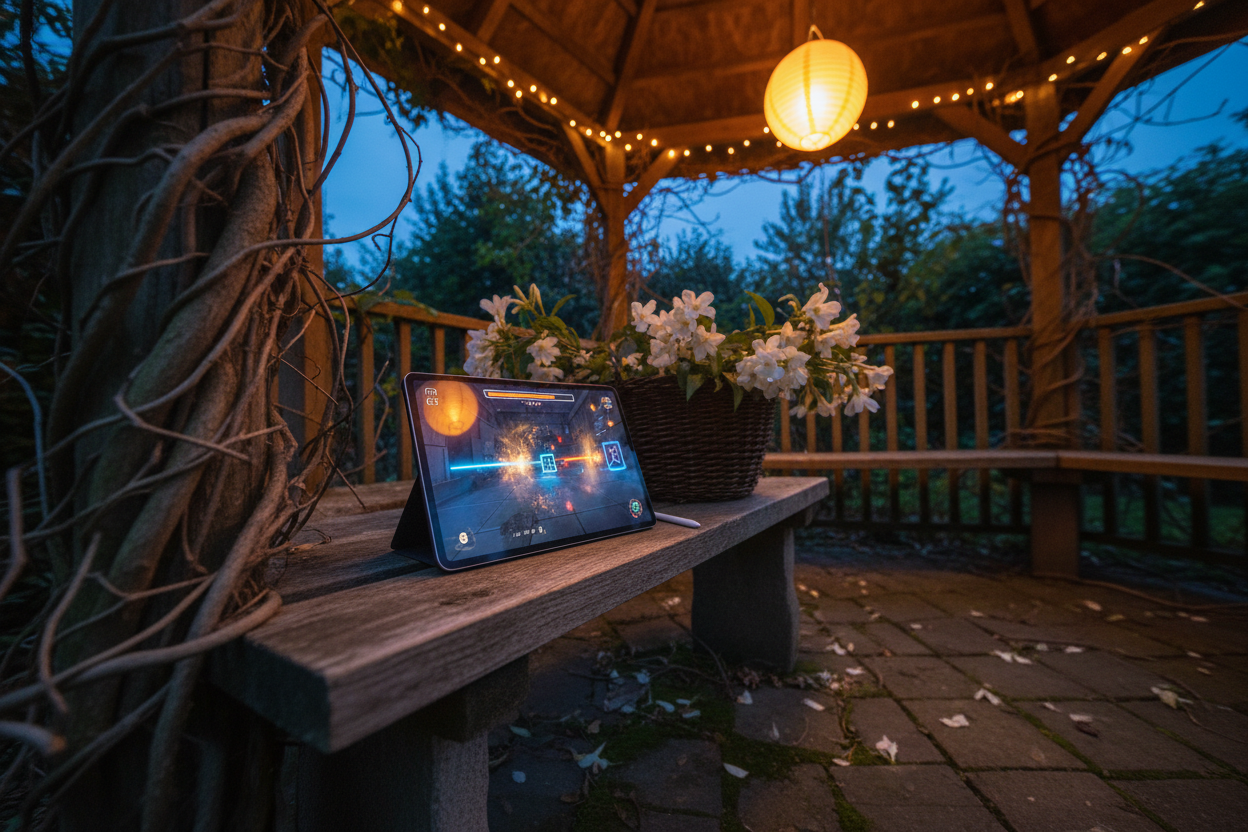DAO-Run Blockchain Games: Community Governance in Fully On-Chain Game Economies
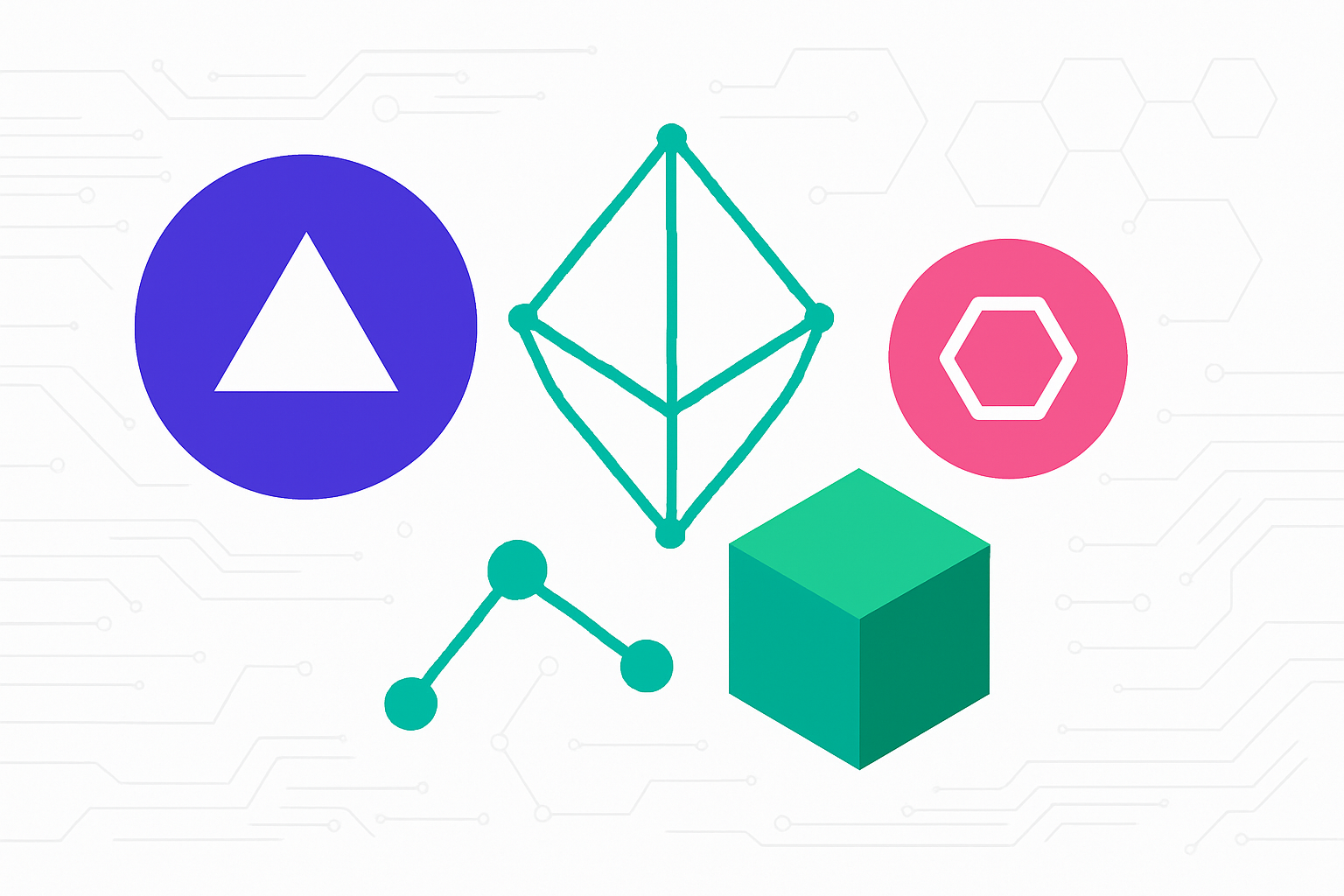
Imagine a game world where the players aren’t just along for the ride, but actually steer the ship. That’s exactly what DAO-run blockchain games are delivering: community governance at the heart of fully on-chain game economies. We’re not talking about simple voting on Discord polls or Twitter threads here – we’re talking about real, on-chain power that shapes everything from game rules to treasury management. If you’re a Web3 gaming enthusiast or a developer eyeing MUD and Dojo frameworks, understanding how decentralized autonomous organizations (DAOs) are re-engineering governance is absolutely essential.
![]()
What Makes DAO-Run Blockchain Games Different?
In traditional games, studios hold all the cards. They decide which features get built, how rewards are distributed, and when major changes roll out. Players? They’re mostly spectators. But in DAO-run blockchain games, the script is flipped. Here, governance tokens give holders tangible influence over the game’s evolution. Every major decision – from economic tweaks to content updates – can be put to a community vote.
This isn’t just theory; it’s happening now across some of the most innovative projects in the space:
Top DAO-Governed Blockchain Games to Watch
-
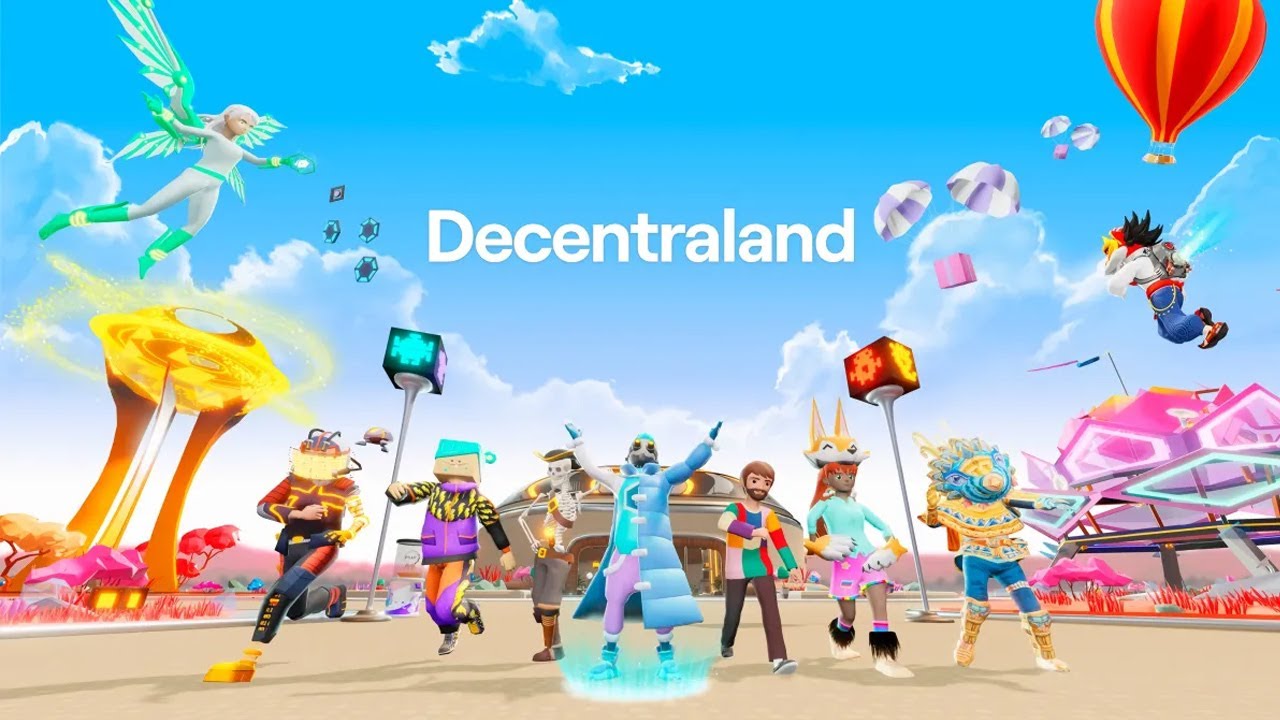
Decentraland: A vibrant, user-owned virtual world where players can create, explore, and monetize experiences. The Decentraland DAO lets users propose and vote on everything from land policies to marketplace fees, truly putting the community in control.
-
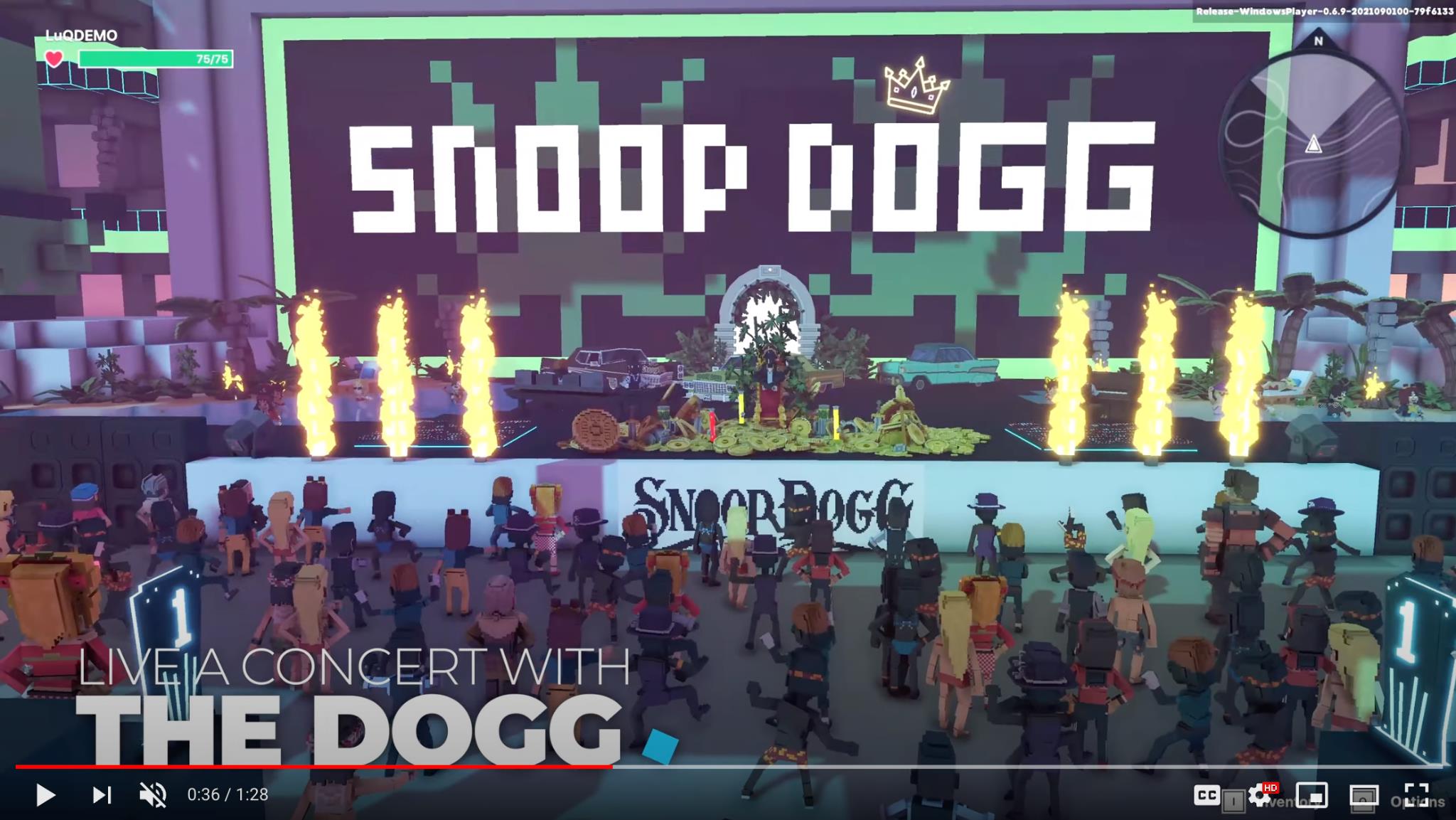
The Sandbox: This popular metaverse empowers players to build, own, and trade virtual assets. The Sandbox DAO enables holders of SAND tokens to help shape game development, content policies, and ecosystem grants.
-
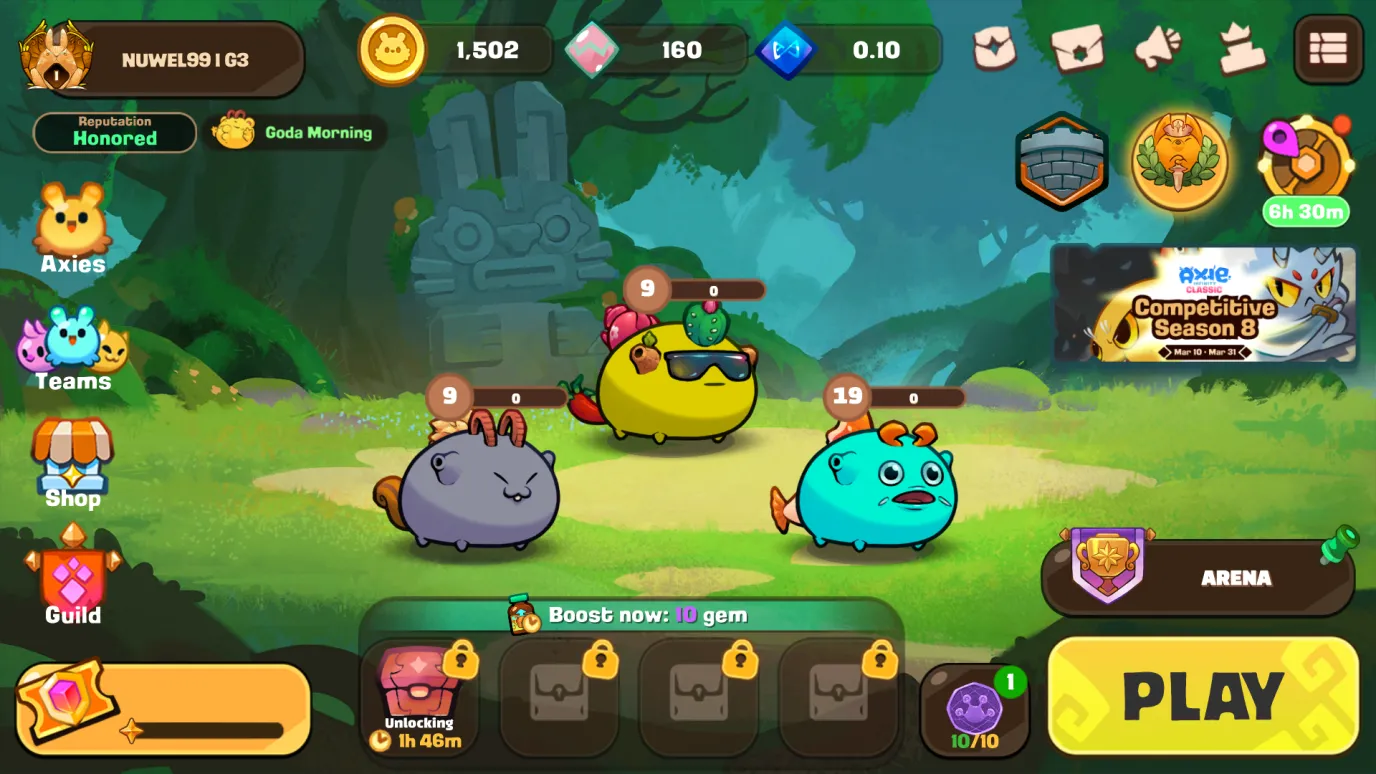
Axie Infinity: Known for its adorable digital pets, Axie Infinity lets users battle, breed, and trade Axies while participating in the Axie Infinity DAO. Community members influence treasury management and major game updates through governance proposals.
-
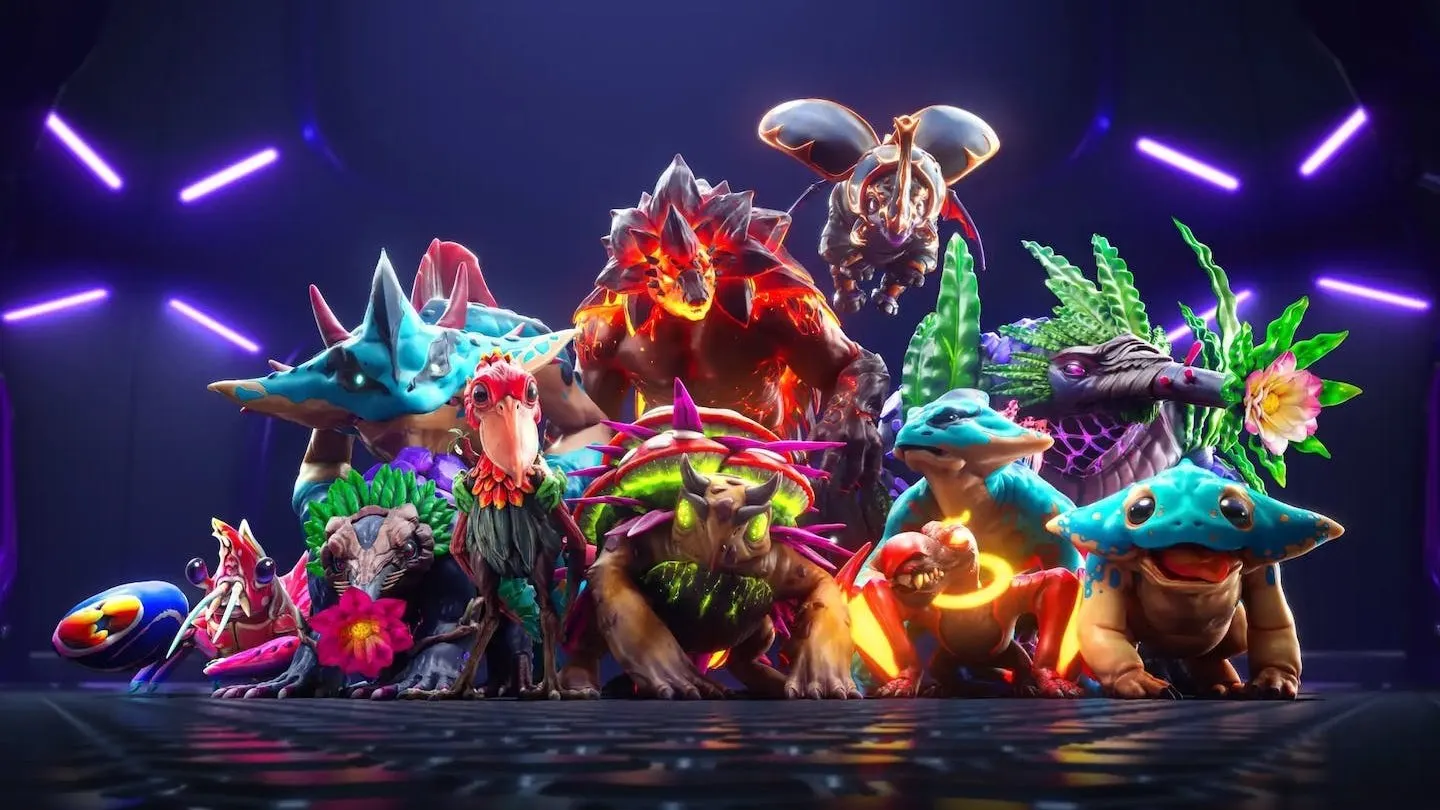
Illuvium: A visually stunning, open-world RPG where players hunt and capture creatures called Illuvials. The Illuvium DAO governs game mechanics, staking rewards, and ecosystem expansion, giving ILV token holders a real voice.
-
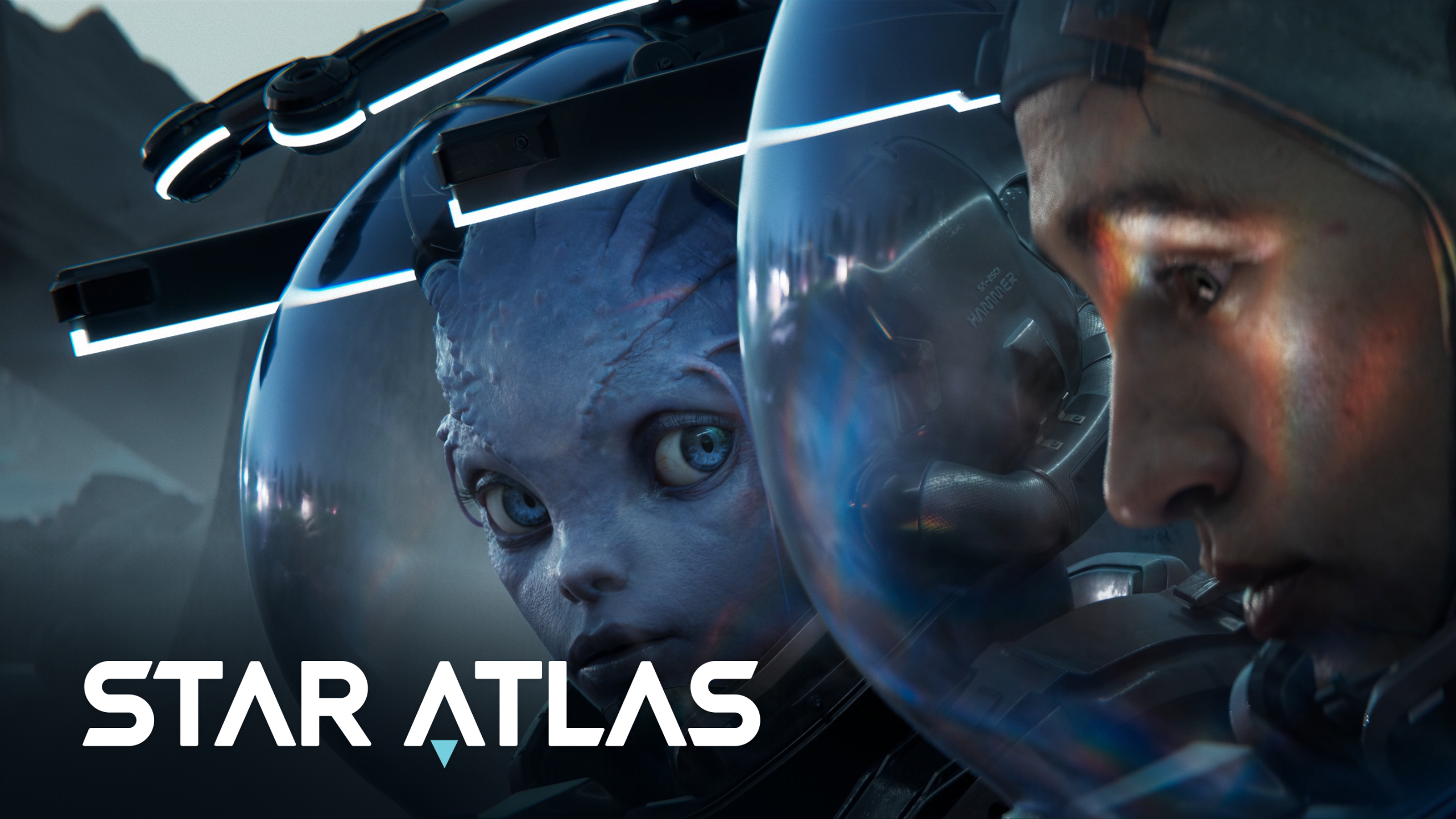
Star Atlas: Dive into a massive, space-themed MMO where players explore, mine, and build empires. The Star Atlas DAO manages in-game economics and political decisions, ensuring a player-driven universe.
These games use DAOs as their backbone, ensuring that every change is transparent and community-driven. For example, in Decentraland and The Sandbox, DAOs control everything from land policies to creator incentives (source). In Axie Infinity, the Community Treasury’s DAO manages massive in-game economies and reward structures.
The Mechanics of On-Chain Game DAO Governance
So how does this all work under the hood? DAOs leverage smart contracts to encode governance logic directly onto the blockchain. Players earn or purchase governance tokens, which serve as their voting power. Proposals can range from balancing gameplay mechanics to allocating funds for tournament prizes or development grants.
The process typically looks like this:
- Proposal Submission: Any token holder can submit a proposal for consideration.
- Community Discussion: Proposals are debated on forums or Discord before formal voting begins.
- On-Chain Voting: Token holders cast their votes directly on the blockchain, ensuring transparency and immutability.
- Execution: Successful proposals are executed automatically by smart contracts, often without human intervention.
This system not only democratizes decision-making but also creates an incentive for players to stay invested in both gameplay and governance outcomes (source).
The Double-Edged Sword: Challenges Facing On-Chain Game DAOs
No system is perfect, and DAOs introduce their own set of hurdles. The two biggest? Voter apathy and concentration of power. In many projects, a small group of whales can end up controlling most of the tokens – and therefore, most of the votes. This can lead to decisions that don’t represent the broader player base.
Another challenge is participation fatigue. When every little tweak requires a vote, players can quickly lose interest in governance altogether. Successful DAOs need to strike a balance between decentralization and efficiency – something that’s still very much a work in progress across most on-chain game ecosystems (source).
But let’s be real: despite the hurdles, the momentum behind DAO-run blockchain games isn’t slowing down. Community governance is already rewriting the rules of engagement, not just for players but for developers, artists, and even token traders. When you own a piece of the game’s future, literally through governance tokens, you’re far more likely to stick around, contribute ideas, and evangelize the project.
DAO Gaming Economy: Where Incentives Meet Ownership
The magic of an on-chain game DAO is how it aligns incentives across all participants. Game studios aren’t just selling a product; they’re inviting players to co-own and co-create. Treasury management becomes a collective responsibility. Funds from NFT sales or marketplace fees can be allocated to tournaments, bug bounties, or new features, all by community vote.
This structure has proven resilient even during bear markets. Projects like Decentraland and The Sandbox have weathered crypto downturns by keeping their communities engaged and invested (source). The DAO gaming economy is sticky because it’s built on participation rather than speculation alone.
Key Benefits and Risks of DAO-Run Blockchain Games
-
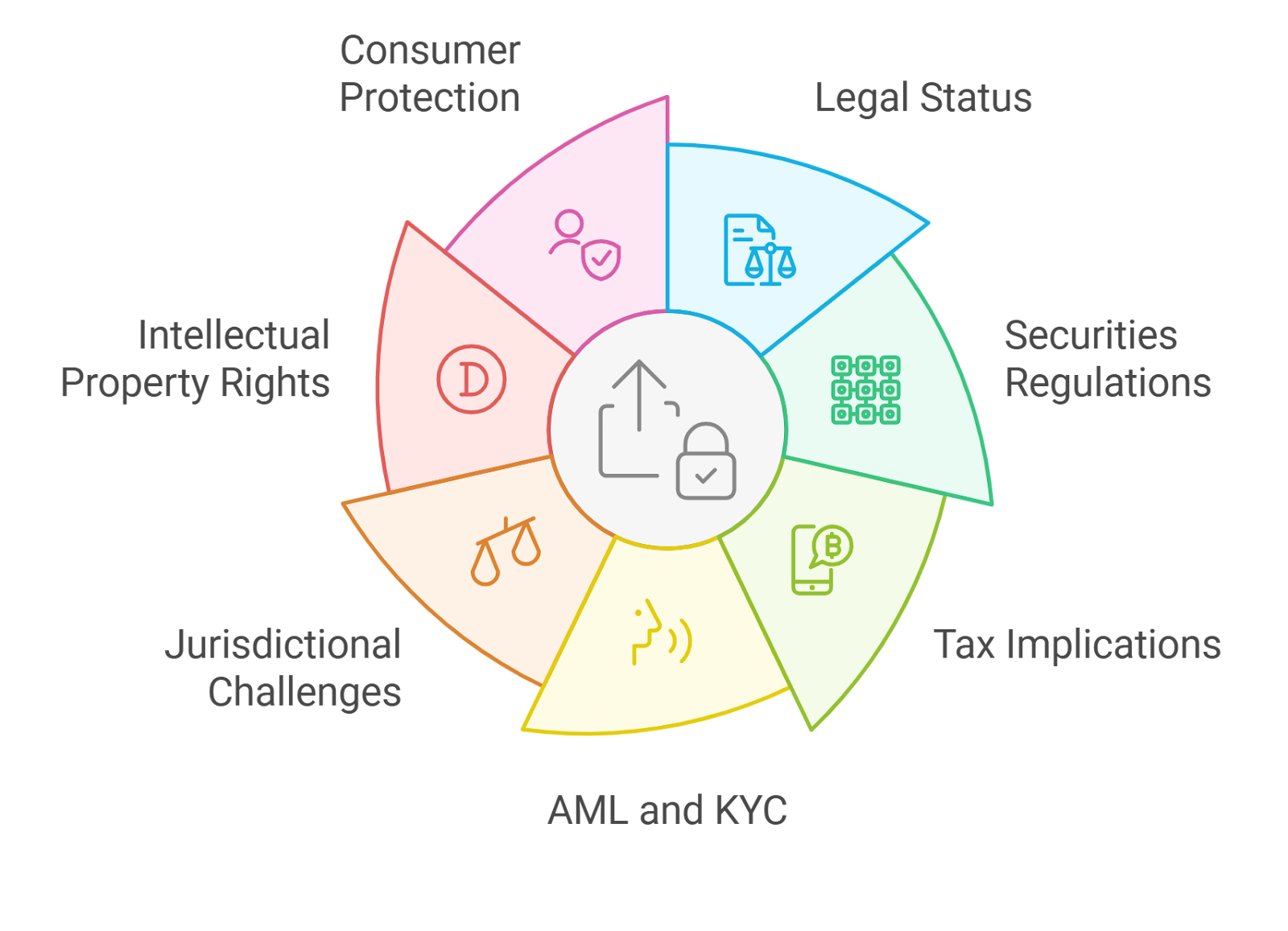
Player Empowerment & Ownership: DAOs grant players real voting power over game updates, rule changes, and economic structures, making them active participants rather than passive consumers.
-
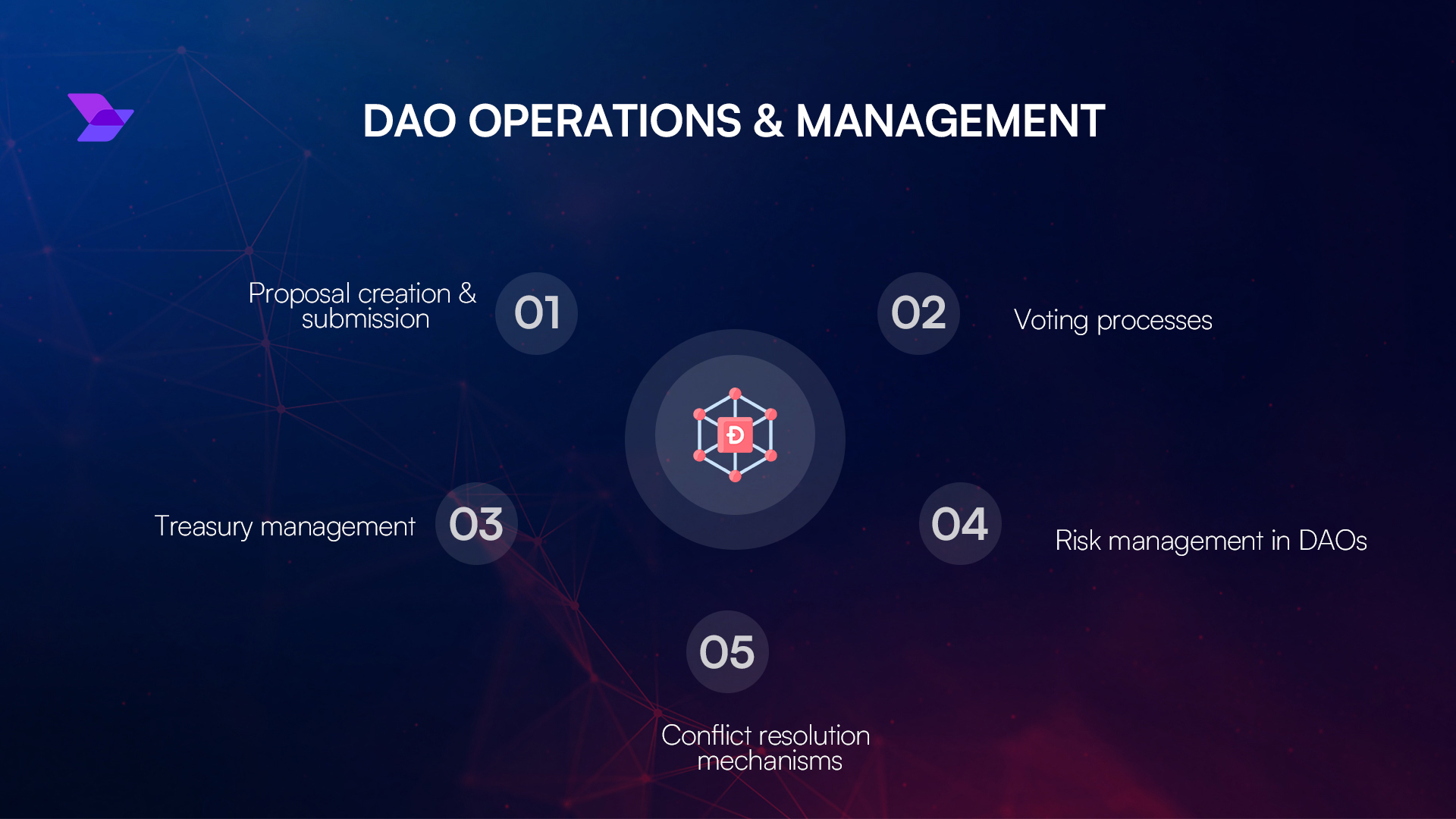
Transparent & Community-Driven Development: All major decisions are made on-chain and are publicly verifiable, ensuring transparent processes and aligning game evolution with the community’s interests.
-
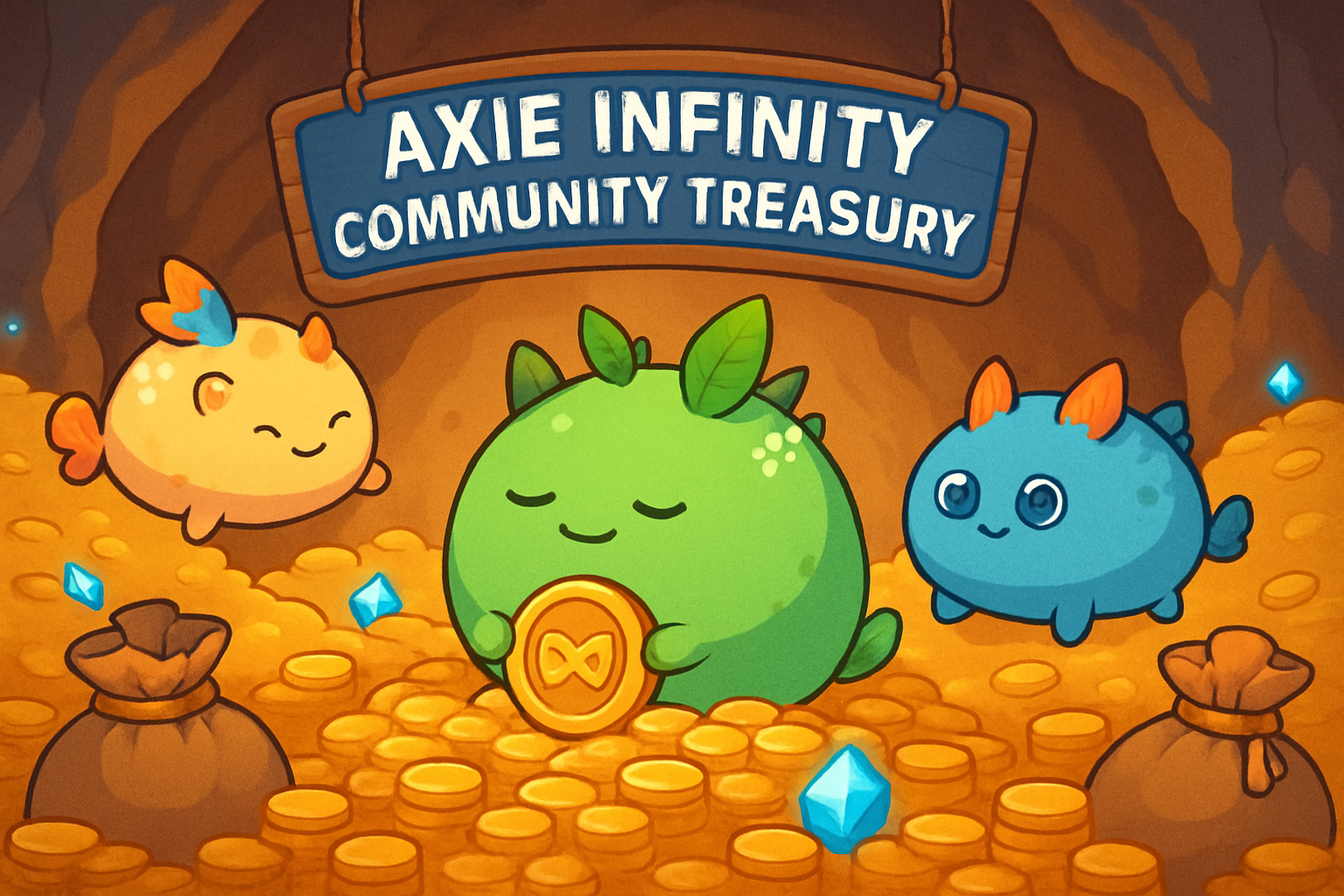
Economic Incentives & Shared Rewards: Players can earn governance tokens and share in the game’s success, with treasuries (like Axie Infinity’s Community Treasury) distributing rewards based on collective decisions.
-
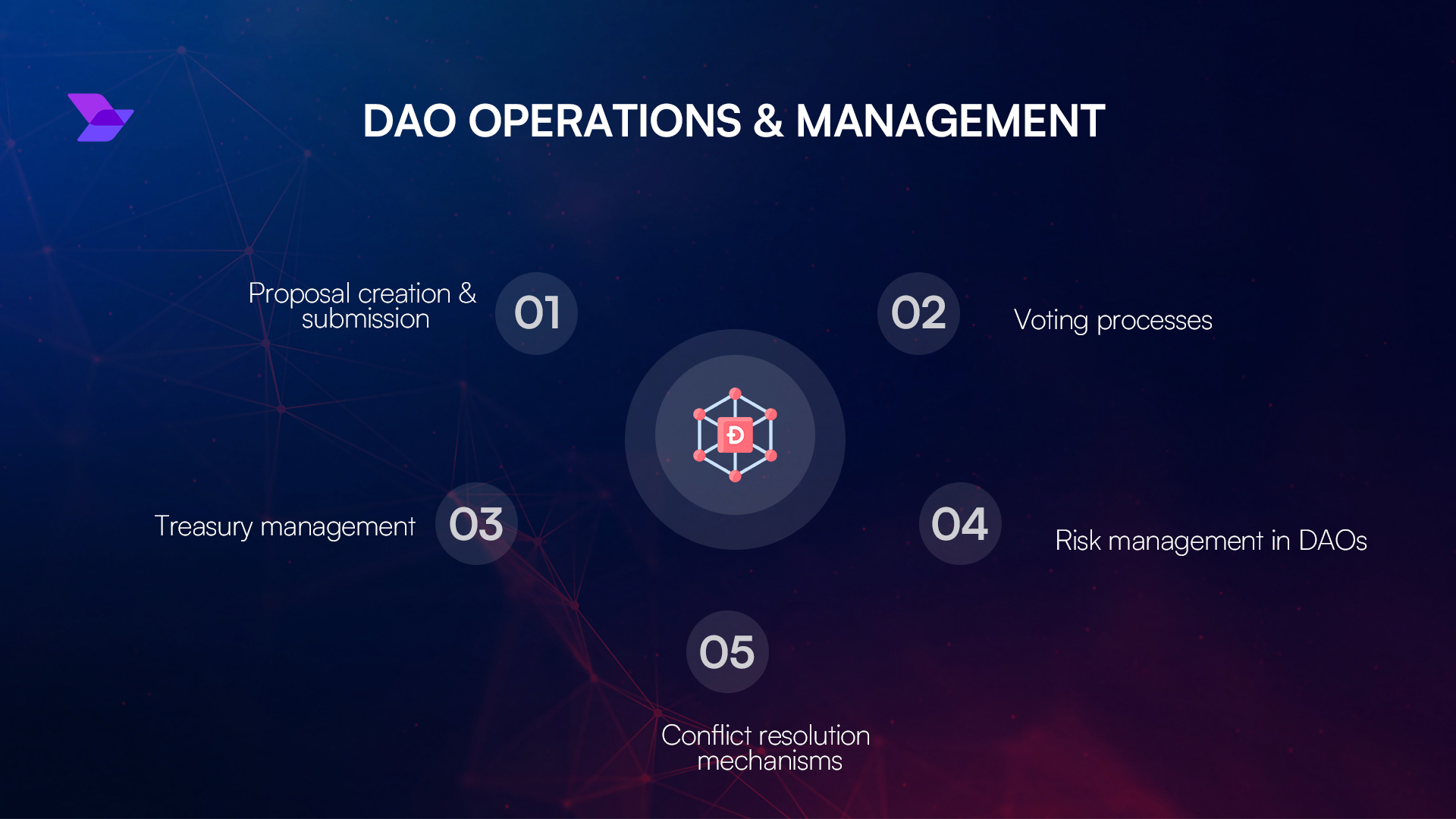
Risk: Voter Apathy & Low Participation: Many DAOs struggle to achieve high voter turnout, which can lead to a small group making decisions for the entire community.
-
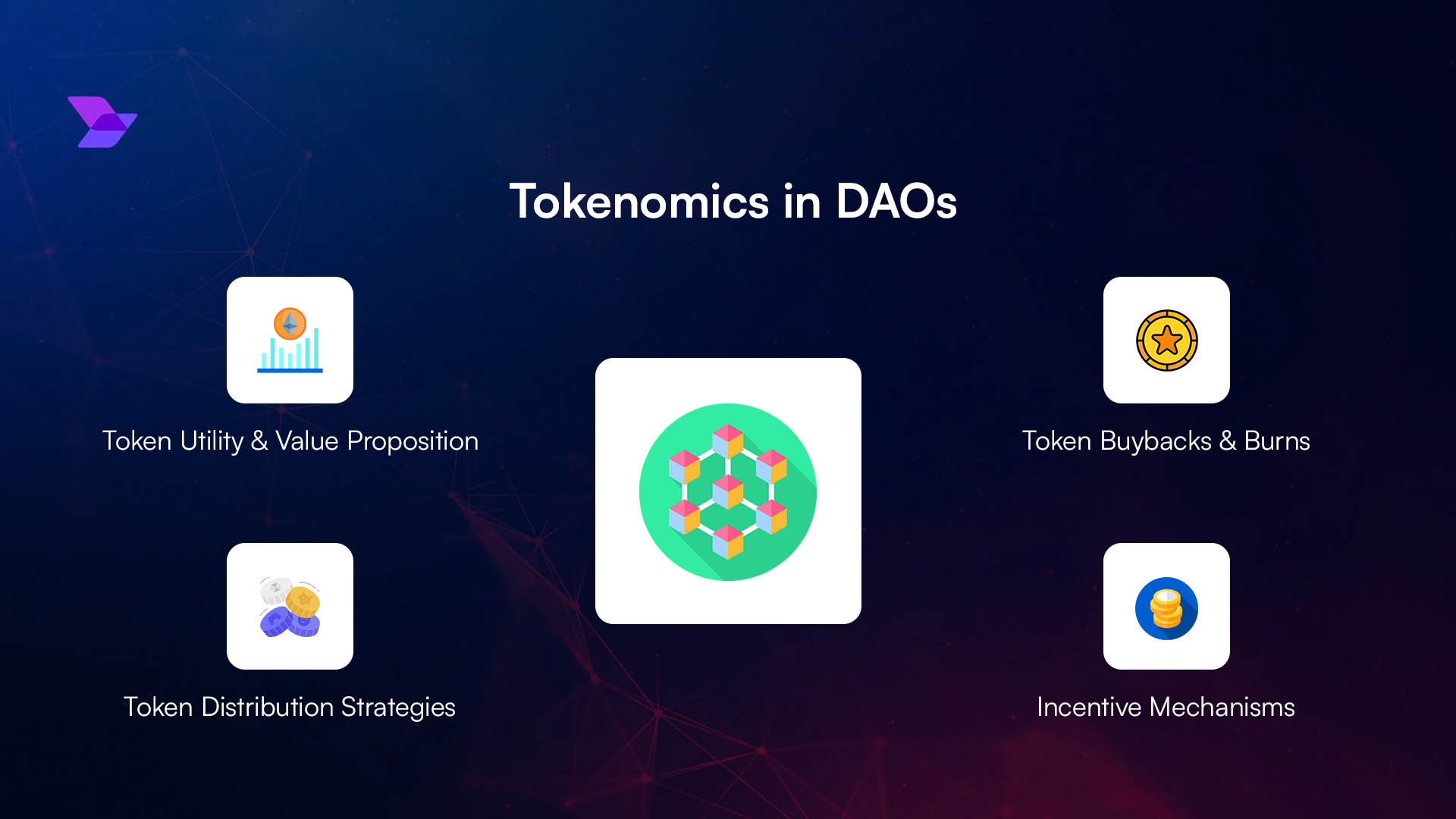
Risk: Concentration of Power: Governance tokens can become concentrated among a few whales or early adopters, undermining true decentralization and potentially skewing decisions.
-
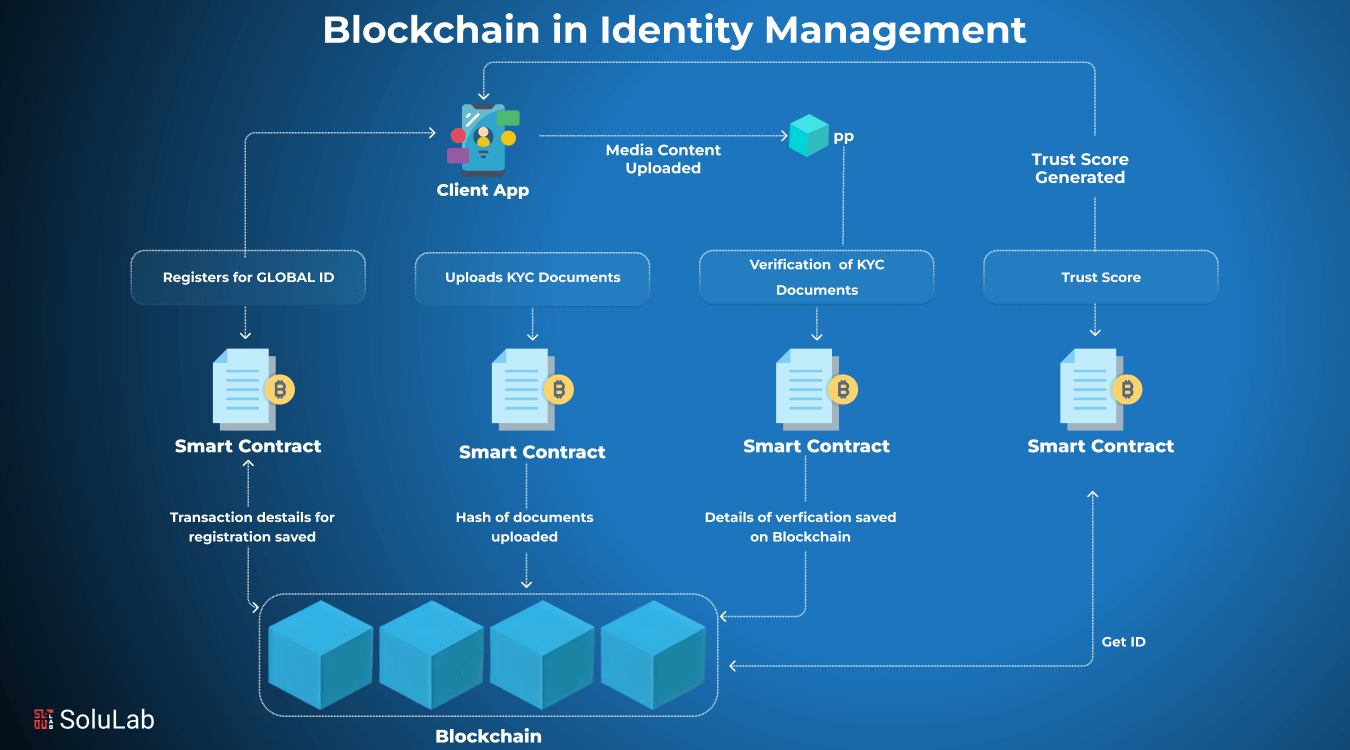
Risk: Governance Complexity & Slow Decisions: Decentralized governance can slow down urgent updates or responses to issues, as proposals and votes require time and consensus.
How to Get Involved in Decentralized Game Governance
If you’re ready to jump in, start by joining a game’s Discord or governance forum. Many decentralized game governance systems offer open channels for proposal discussion before any on-chain voting kicks off. Monitor treasury proposals, participate in discussions, and don’t be afraid to submit your own ideas. The more you engage, the more influence you’ll build.
For developers working with MUD or Dojo frameworks: consider how your smart contract architecture can facilitate clear voting processes and prevent power centralization. Tools like quadratic voting or time-locked staking can help level the playing field.
The Future: Community Governance as a Competitive Edge
The next wave of Web3 titles will likely double down on community-driven innovation. As players demand more transparency and control over their digital worlds, expect DAOs to move beyond simple voting into areas like real-time rule changes, dynamic asset creation, and cross-game economies.
This is why DAO-run blockchain games aren’t just a passing trend, they’re a blueprint for how digital communities can thrive when given real ownership. If you want to be at the bleeding edge of gaming and crypto, now’s the time to get off the sidelines and into the governance trenches.




